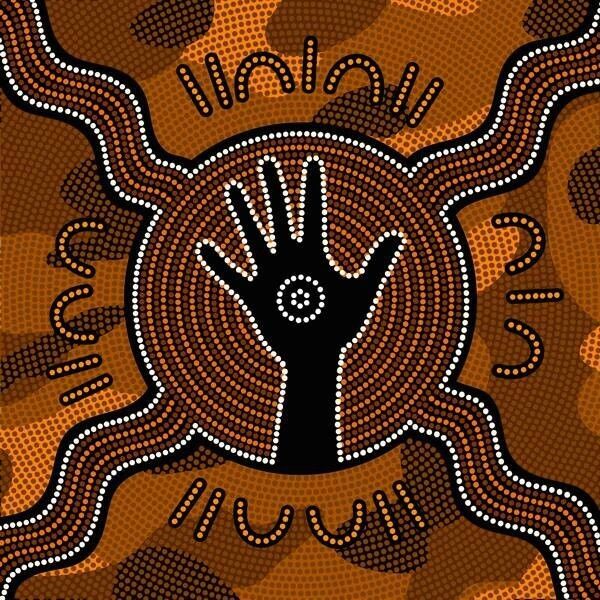
I love Australia, but then again, I love India and Mexico, and also the nation of my family roots, Croatia. However, I am fascinated by the concept of "mateship" that Australia has given to the world. I'm not certain the term is well known outside Australia, but it certainly is worth exploring outside the borders of the "Down-Under Continent."
I recently have been reacquainted with the notion of mateship in a docu-series featuring Miriam Margoyles, better known as Professor Sprout of the Harry Porter films. Margoyles, a recent citizen to Australia, embarks on a ten-thousand-mile motorized trek across the continent to explore the meaning of mateship which was introduced to her in a booklet given to her at her citizen induction.
Embarking on her journey, it doesn't take many miles before Professor Sprout uncovers that while all Australians know the idiom, not all define it in the same way. While a majority of Aussies acknowledge the term implies an underlying bond between people of shared value, as you can imagine, the First People of the land, the Aboriginals, take no stock in that meaning. While the term implies social inclusion, it doesn't mean the same when referring to settlers from the outside who came and brought ownership of the land and a distinctly different way of life. The term used by some of the First Nation Australians interviewed when referring to themselves, is a "mob."
At the heart of both terms, mateship and mob, both words, equally ingrained in the culture, are used to indicate a strong sense of loyalty and support between people. Both terms imply looking out for one another. This is most true when dealing with difficult and challenging situations. Essentially, it means to take care of members of your tribe, in a neighborhood, as part of a religious group, in a city, or a country.
Margoyles interviewed people on the brink, folks who are on the verge of losing their land and occupations because of natural disasters, recent arrivals struggling to retain their identities in a new culture, and First Nation peoples who are actively seeking a place at the table. What most groups seemed to have in common was that they were bolstered by the camaraderie they shared with each other. It didn't matter about the depth of a friendship, it simply mattered that you were part of humankind. In so many ways, there is a warm association when you hear, "Good on you, mate." You know that someone has your back—whether this person is an old friend, a new acquaintance, or a passerby. As to being a part of a mob, what a security that would be.
With warm regards,
Marilyn


